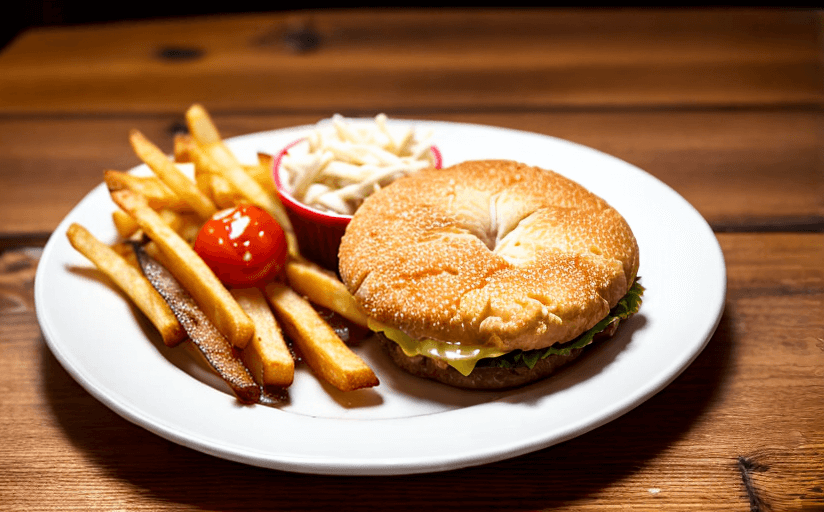Examining the Pros and Cons of Eating Processed Foods
Processed foods are a part of many people's diets and offer convenience for busy lifestyles. While processed foods can be beneficial, they also come with some drawbacks. This article will explore the types of processed foods commonly found in the average person's diet, the health implications of consuming them, and how they compare to unprocessed foods nutritionally. It will also discuss both the short-term and long-term effects of processed food consumption and provide insight into how to make healthier food choices while still taking advantage of the convenience of processed foods.
Types of Processed Foods
Processed foods are foods that have been altered from their natural form in some way, either mechanically, chemically, or through other means. Common examples of processed foods include canned goods, frozen meals, packaged snacks, and fast food. Processed foods are typically high in fat, sugar, and salt and have a longer shelf life than unprocessed foods.
Health Implications of Consuming Processed Foods
Eating processed foods can have both short-term and long-term health implications. In the short-term, consuming too many processed foods can lead to feeling sluggish or having a sugar crash. In the long-term, processed foods can increase the risk of obesity, diabetes, and heart disease. Eating processed foods can also displace healthier options, like fruits and vegetables, from the diet.
Nutritional Comparison to Unprocessed Foods
Unprocessed foods, like fruits and vegetables, are typically more nutritious than processed foods. Unprocessed foods contain more vitamins, minerals, and fiber, as well as fewer calories, fat, sugar, and salt. Unprocessed foods are also usually free of preservatives and other additives.
Making Healthier Choices
It is possible to make healthier food choices while still taking advantage of the convenience of processed foods. When choosing processed foods, look for those with little added sugar, sodium, and fat. Opt for whole-grain breads and pastas, as well as canned fruits and vegetables that are low in sodium. Additionally, try to incorporate more unprocessed foods into your diet, like fresh fruits and vegetables, whole grains, and lean proteins.
Conclusion
Processed foods offer convenience for busy lifestyles but come with some drawbacks. Common types of processed foods include canned goods, frozen meals, packaged snacks, and fast food. Eating too many processed foods can lead to short-term fatigue and long-term health issues. Unprocessed foods are typically more nutritious than processed foods and contain fewer calories, fat, sugar, and salt. To make healthier food choices while still taking advantage of the convenience of processed foods, look for those with little added sugar, sodium, and fat, and incorporate more unprocessed foods into your diet.

















Comments
Leave a Comment